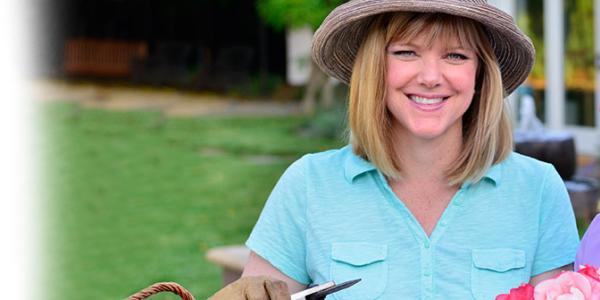


Other than skin cancer, prostate cancer is the most common cancer facing American men today. And it is primarily a disease afflicting older men. According to the American Cancer Society, 60 percent of prostate cancer cases are diagnosed in men age 65 and older.
Henry is one of those men. After a routine physical exam at age 71, Henry learned he had prostate cancer. He was referred to Scott Angell, MD, a urologist with Palo Alto Medical Foundation. Dr. Angell discussed the options with Henry, and they decided to combine hormone therapy, brachytherapy and traditional, 28-day external beam radiation therapy (EBRT).
Brachytherapy (also known as seed implantation) is a type of internal radiation therapy — radiation given from inside the body. It involves placing small devices ("seeds") containing radiation in the prostate gland, near the cancer cells. Each seed is about the size of a grain of rice. Over time, the seeds give out a small amount of radiation, which is aimed directly at the cancer. Brachytherapy is generally used in men with slow-growing, early-stage prostate cancer.
Henry had his brachytherapy treatment at El Camino Hospital Los Gatos, then later had his external radiation therapy at El Camino Hospital Mountain View. Being at both of El Camino Hospital’s campuses gave him an opportunity to compare how the two facilities operate.
Henry says he was extremely pleased with the quality of care at the two campuses.
"Staff members at both of El Camino's hospitals were positive, helpful and kind. I didn't have any issues with the scheduling of my radiation treatment appointments. In all, my treatment went very smoothly," he says.
Henry will have further follow-up appointments with his physicians later this year, but, for now, his treatment appears to have been a success. Best of all, he was able to continue all of his normal activities during treatment (except for the day of the seed implant), including work and leisure activities.
Henry hopes that, since prostate cancer is so common today, many men in the community will benefit from reading about his treatment.
Thank you for sharing your story, Henry!